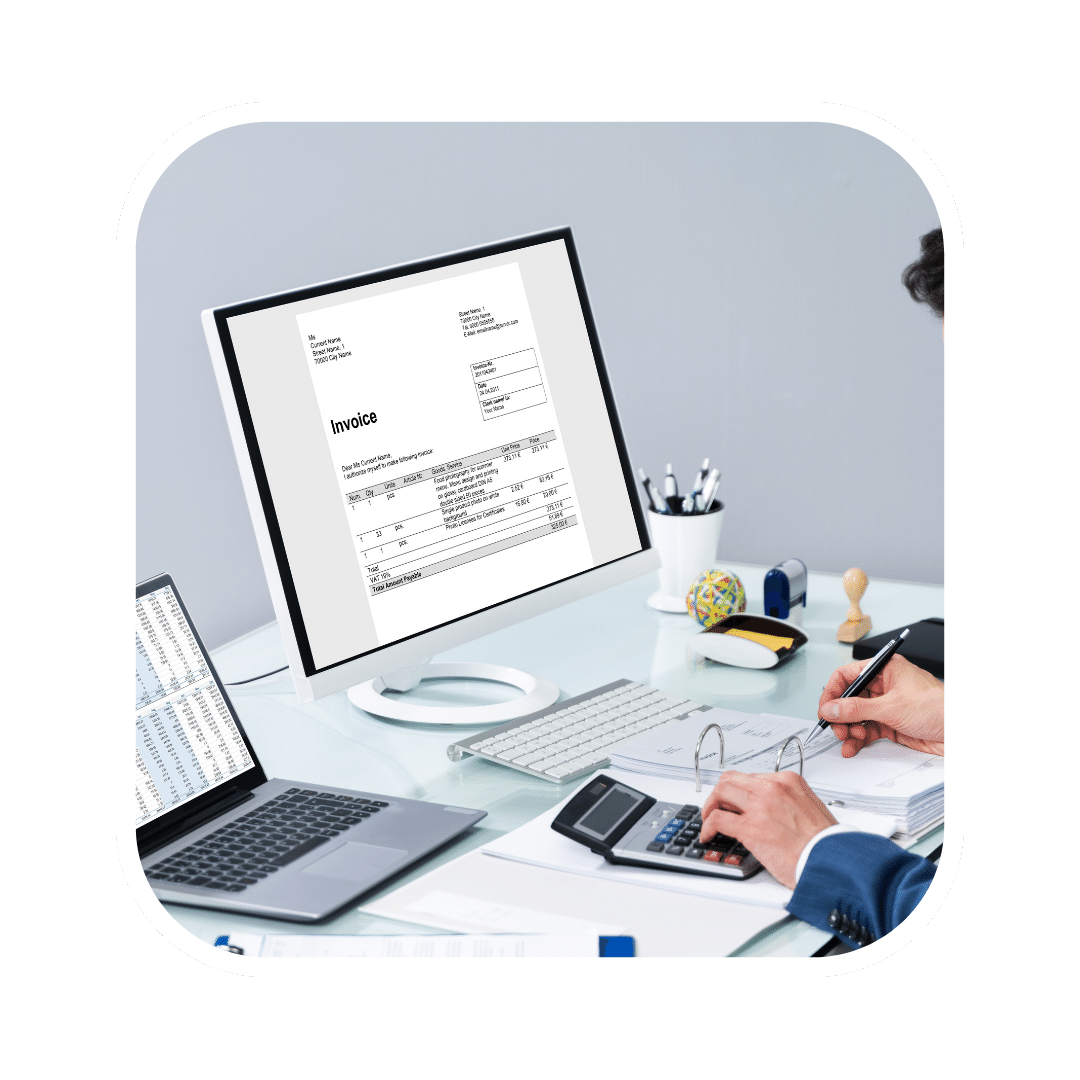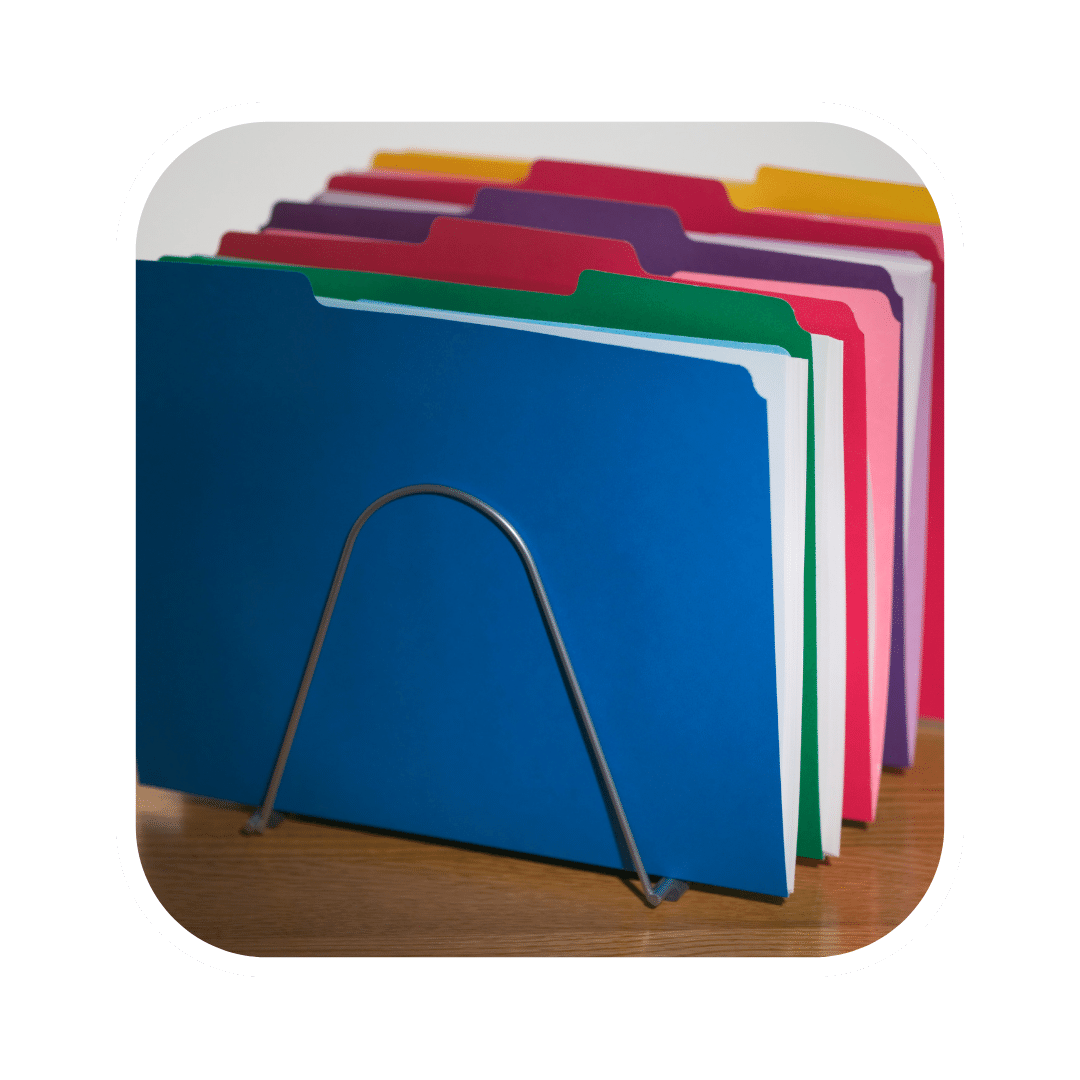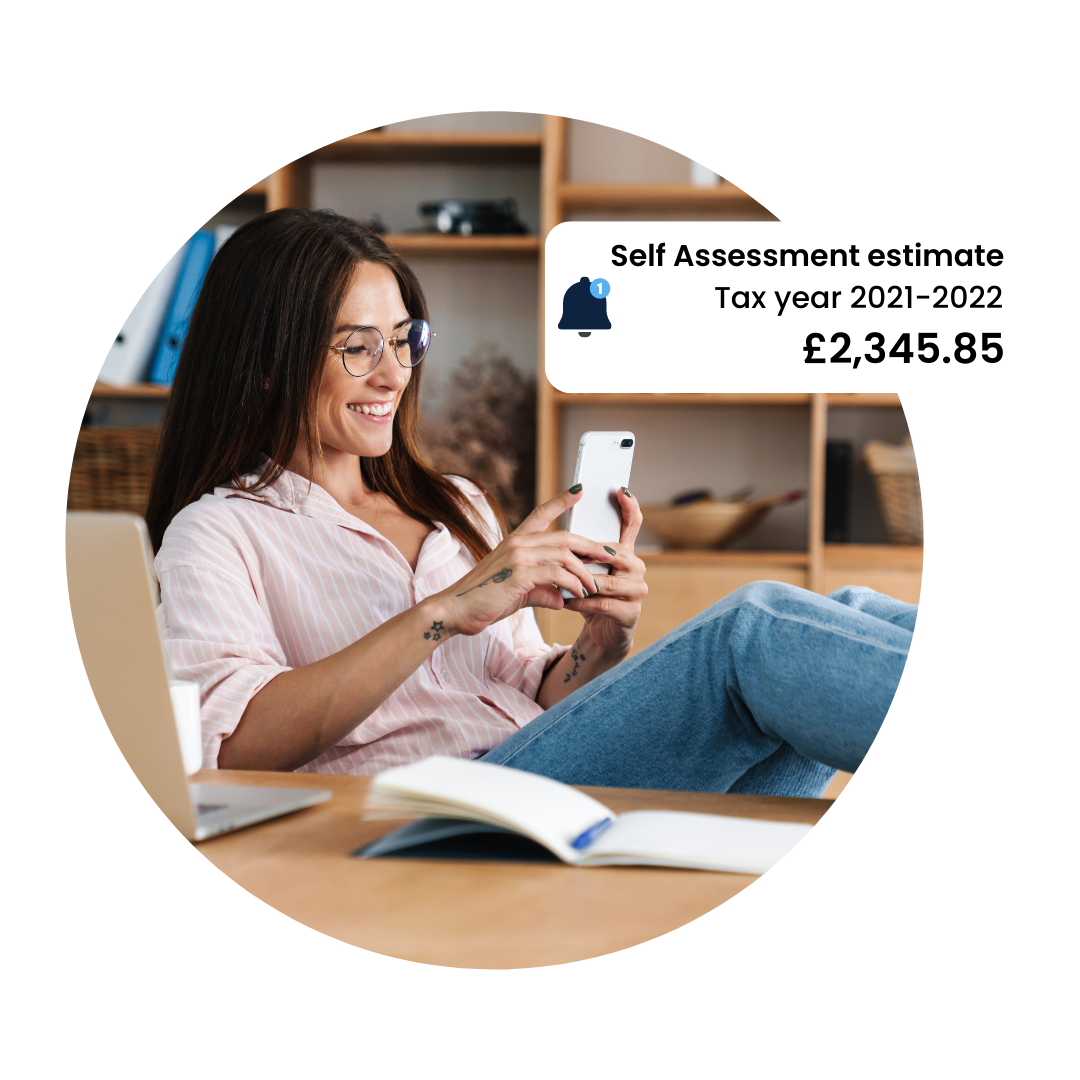Self employed record keeping guide
This short guide covers the basics of record keeping, why we keep records and how long to keep them.

Introduction
You must keep records of your business income and expenses for your tax return if you’re self-employed as a:
- sole trader
- partner in a business partnership
You’ll also need to keep records of your personal income. If you’re the nominated partner in a partnership, you must also keep records for the partnership.


Accounting methods
These are the two accounting methods. You’ll need to choose one of them:
Most small businesses with an income of £150,000 or less can use cash basis reporting.
With this method, you only record income or expenses when you receive money or pay a bill. This means you will not need to pay Income Tax on money you have not yet received in your accounting period.
For example: You invoiced someone on 15 March 2021 but did not receive the money until 30 April 2021. Record this income for the 2021 to 2022 tax year.
Many businesses use traditional accounting where you record income and expenses by the date you invoiced or were billed.
For example: You invoiced a customer on 28 March 2021. You record that invoice for the 2020 to 2021 tax year – even if you did not receive the money until the next tax year.
What records to keep
You’ll need to keep records of:
- all sales and income
- all business expenses
- VAT records if you’re registered for VAT
- PAYE records if you employ people
- records about your personal income
- your grants, if you claimed through the Self-Employment Income Support Scheme – check how much you were paid if you made a claim


Why we keep records
You do not need to send your records in when you submit your tax return but you need to keep them so you can:
- work out your profit or loss for your tax return
- show them to HM Revenue and Customs (HMRC) if asked
Keep proof
Types of proof include:
- all receipts for goods and stock
- bank statements, chequebook stubs
- sales invoices, till rolls and bank slips


Other records to keep
If you’re using traditional accounting, as well as the standard records, you’ll also need to keep further records so that your tax return includes:
- what you’re owed but have not received yet
- what you’ve committed to spend but have not paid out yet, for example you’ve received an invoice but have not paid it yet
- the value of stock and work in progress at the end of your accounting period
- your year end bank balances
- how much you’ve invested in the business in the year
- how much money you’ve taken out for your own use
How long to keep your records
You must keep your records for at least 5 years after the 31 January submission deadline of the relevant tax year. HM Revenue and Customs (HMRC) may check your records to make sure you’re paying the right amount of tax.
For example if you sent your 2020 to 2021 tax return online by 31 January 2022, you must keep your records until at least the end of January 2027

A simple guide to allowable business expenses
If you’re self-employed, your business will have various running costs. You can deduct some of these costs to work out your taxable profit as long as they’re allowable expenses.
For example, if your turnover is £50,000, and you claim £20,000 in allowable expenses. You only pay tax on the remaining £30,000 – known as your taxable profit.

